Plant-based enthusiasts, pleasure! A new report from the Plant Based Foods Association (PBFA) and GFI has found that a whopping 70 percent of Americans are now consuming plant-based foods. That’s right, the plant-based movement is growing stronger every day, and it shows no signs of slowing down!
The report, titled “The Plant Based Foods State of the Marketplace,” shows that plant-based food dollar sales grew 6.6 percent in 2022, reaching a total of $8 billion. Despite challenges like inflation, scaling, lack of subsidies, and shrinking retail space, the demand for plant-based foods in the US remains robust and continues to grow. In fact, plant-based foods had 60 percent household penetration in 2022 and an impressive repeat purchase rate of 80 percent across all categories.
Plant-based milk is leading the pack, accounting for the largest segment of plant-based foods. The category saw a 9 percent growth in 2022, reaching $2.8 billion. Now, 15 percent of all milk sold in the US is plant-based milk. With 40.6 percent of households buying dairy-free milk and a repeat purchase rate of 75.7 percent in 2022, plant-based milk is proving to be a true powerhouse and household staple.
Plant-based meat remained remarkably stable, despite an 8.2 percent decline in overall unit sales. The category saw only a slight decrease of 1.2 percent in US dollar sales. With 17.5 percent household penetration and a repeat purchase rate of over 62 percent, it’s clear that consumers are consistently interested in plant-based meat options. The category is also diversifying, with frozen plant-based meats dominating but shelf-stable products experiencing steady growth.
Some exciting growth was observed in plant-based eggs, creamers, protein powders, ready-to-drink beverages, and dips and spreads. Plant-based creamers saw a 12 percent unit growth in 2022, while plant-based eggs grew 14 percent in dollars and 21 percent in units.
The research also shows that 67 percent of Americans still believe plant-based foods are healthier than animal-based foods. Furthermore, 42 percent plan to substitute animal foods with more plant-based foods and 27 percent intend to eat less animal-based food in the future.
Rachel Dreskin, CEO of PBFA, said, “The plant-based foods industry has proven its resilience, weathering unprecedented challenges to maintain cross-category market shares and achieve $8 billion in US retail sales.”
So, what’s our call to action, plant-powered pals? Keep supporting and promoting the delicious, healthy, and sustainable plant-based options that make a difference for our planet and our health. Let’s continue to grow this movement and show the world that plant-based living is here to stay!
Related Content:
Easy Ways to Help the Planet:
- Eat Less Meat: Download Food Monster, the largest plant-based recipe app on the App Store, to help reduce your environmental footprint, save animals and get healthy. You can also buy a hard or soft copy of ours favorite vegan cookbooks.
- Reduce Your Fast Fashion Footprint: Take initiative by standing up against fast fashion pollution and supporting sustainable and circular brands like Tiny Rescue that raise awareness around important issues through recycled zero-waste clothing designed to be returned and remade over and over again.
- Support Independent Media: Being publicly funded gives us a greater chance to continue providing you with high-quality content. Please consider supporting us by donating!
- Sign a Petition: Your voice matters! Help turn petitions into victories by signing the latest list of must-sign petitions to help people, animals, and the planet.
- Stay Informed: Keep up with the latest news and important stories involving animals, the environment, sustainable living, food, health, and human interest topics by subscribing to our newsletter!
- Do What You Can: Reduce waste, plant trees, eat local, travel responsibly, reuse stuff, say no to single-use plastics, recycle, vote smart, switch to cold water laundry, diversify from fossil fuels, save water, shop wisely, donate if you can, Grow your food, volunteer, conserve energy, compost, and don’t forget about the microplastics and microbeads lurking in common household and personal care products!
[ad_2]










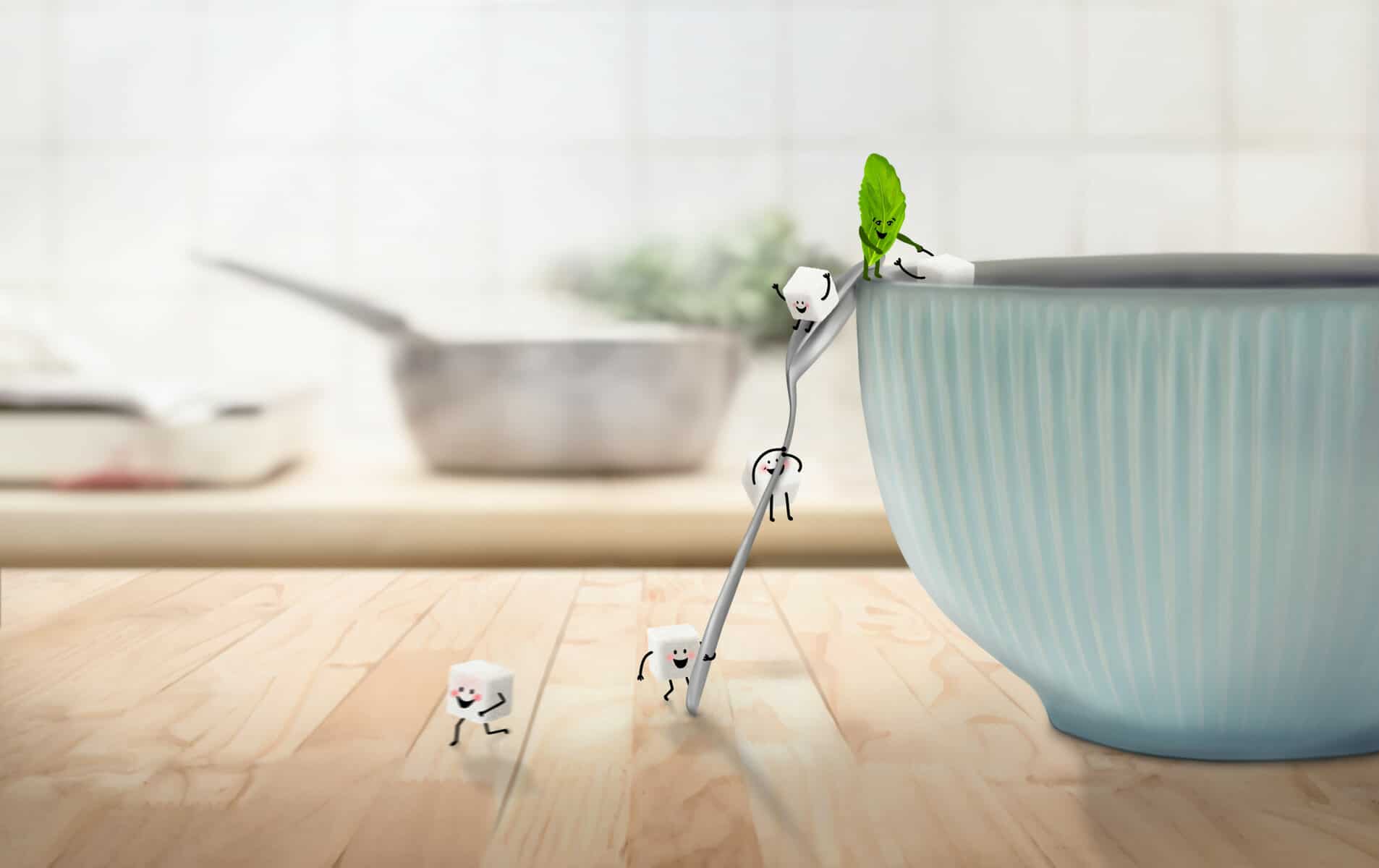
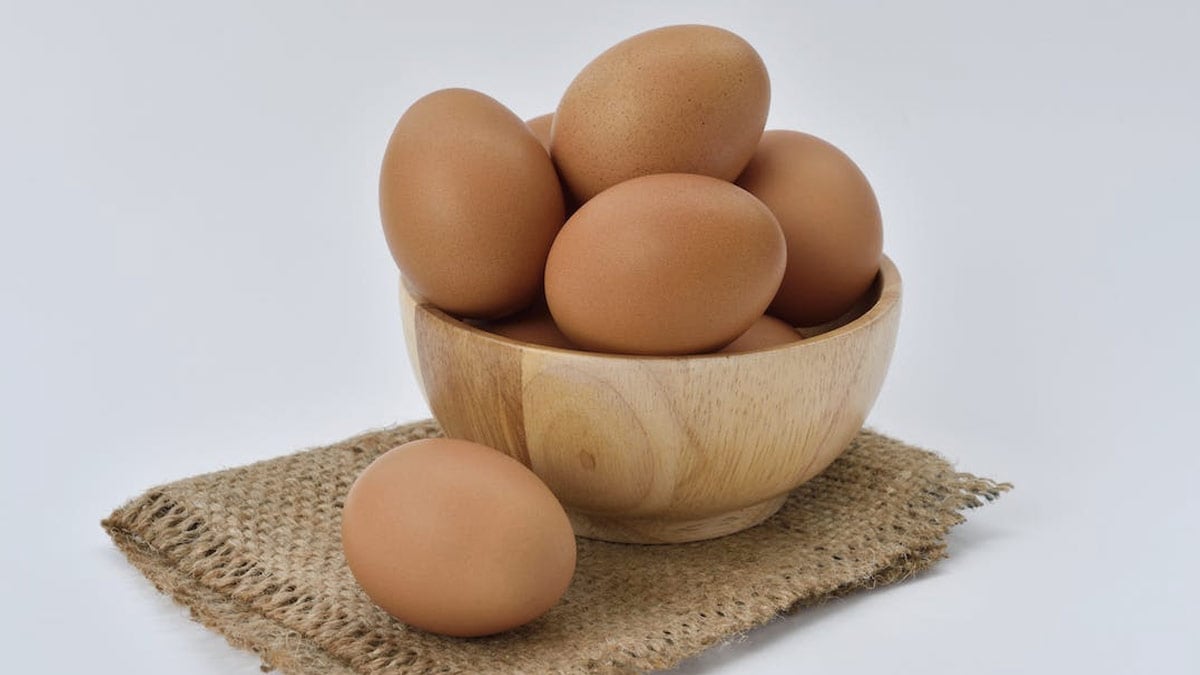



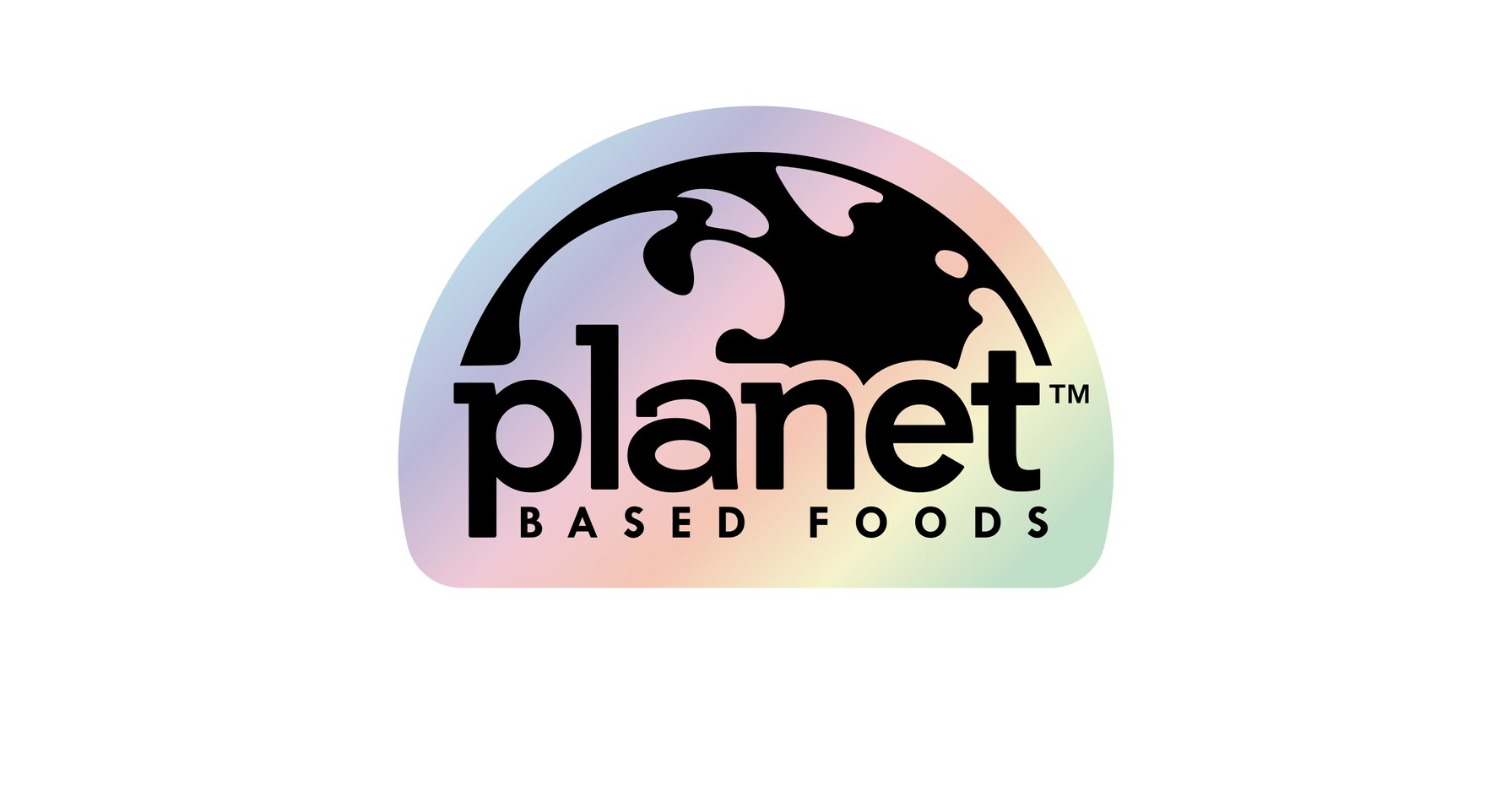
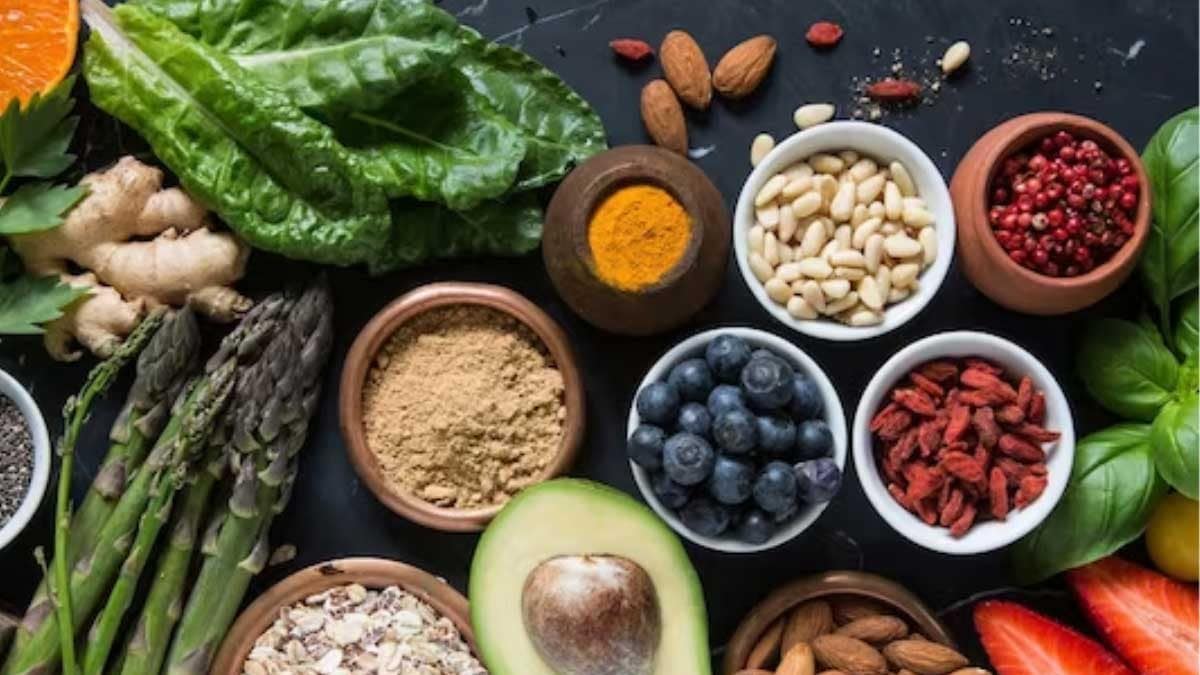
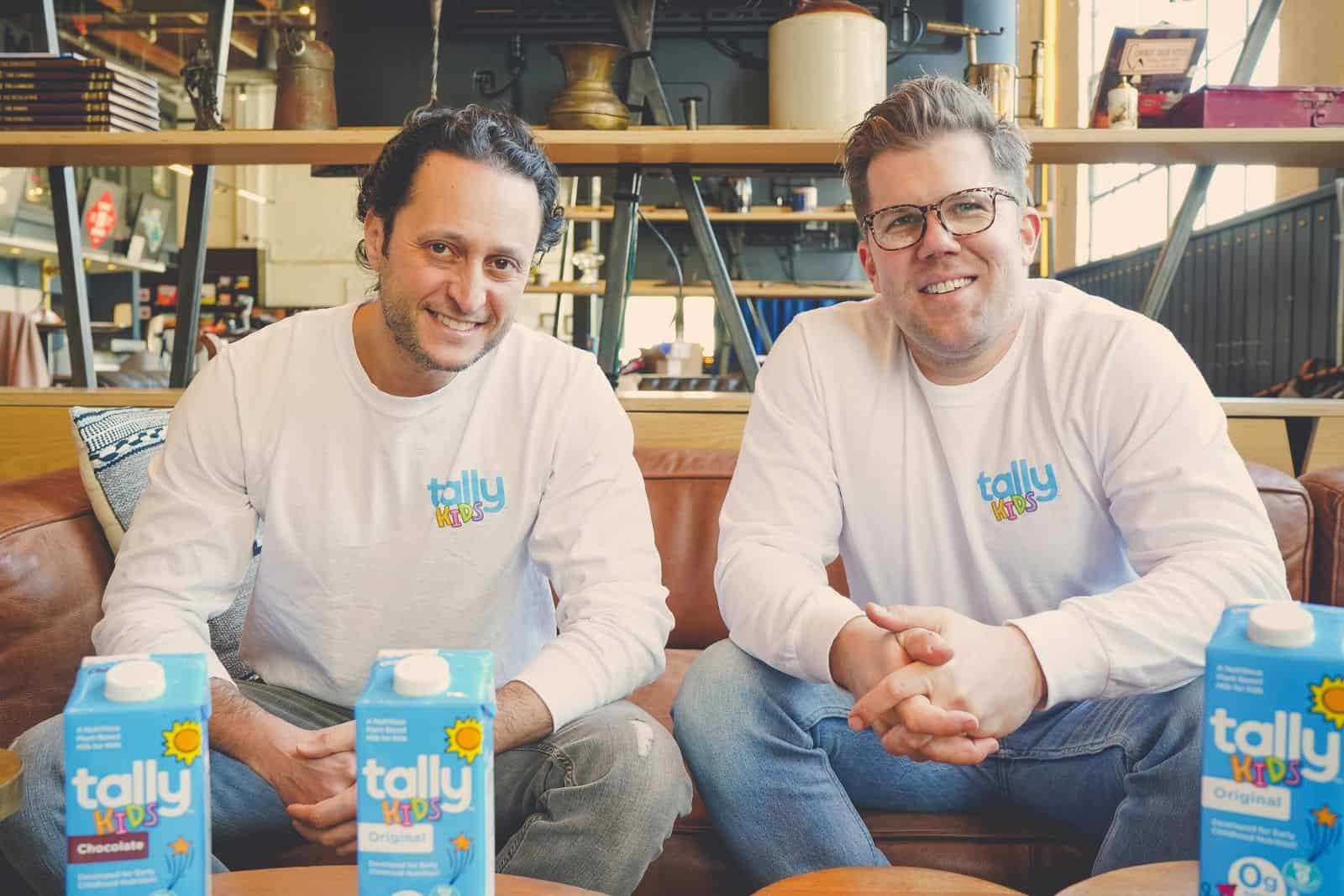
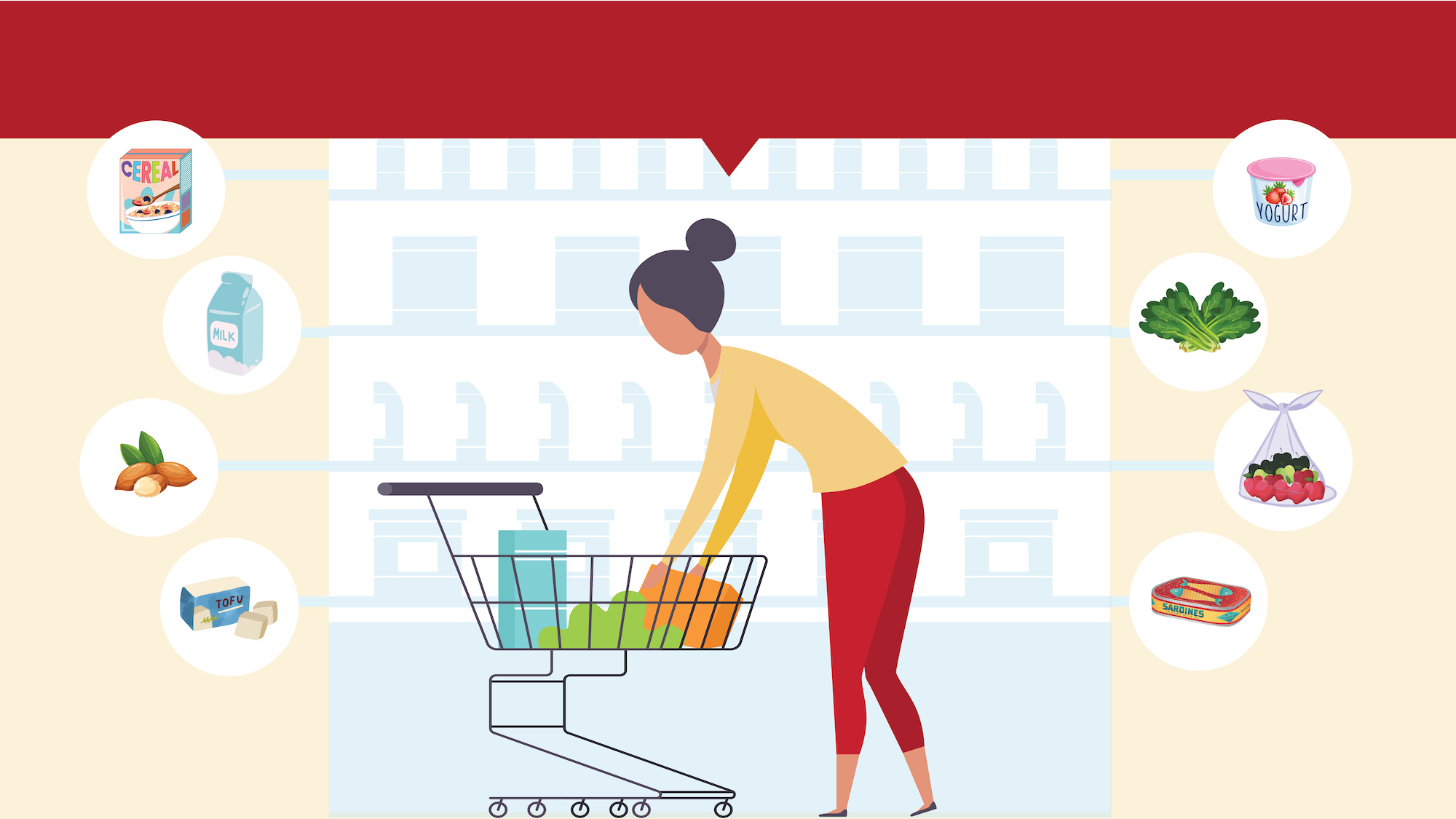
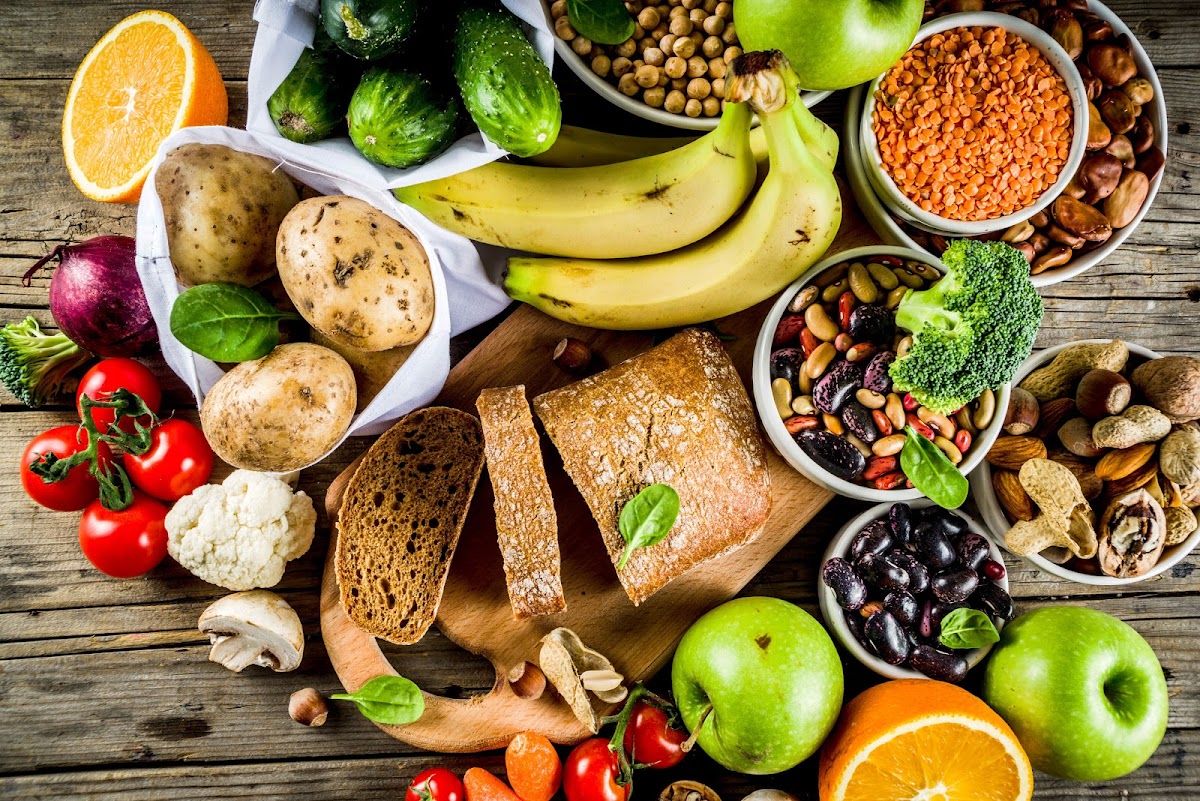
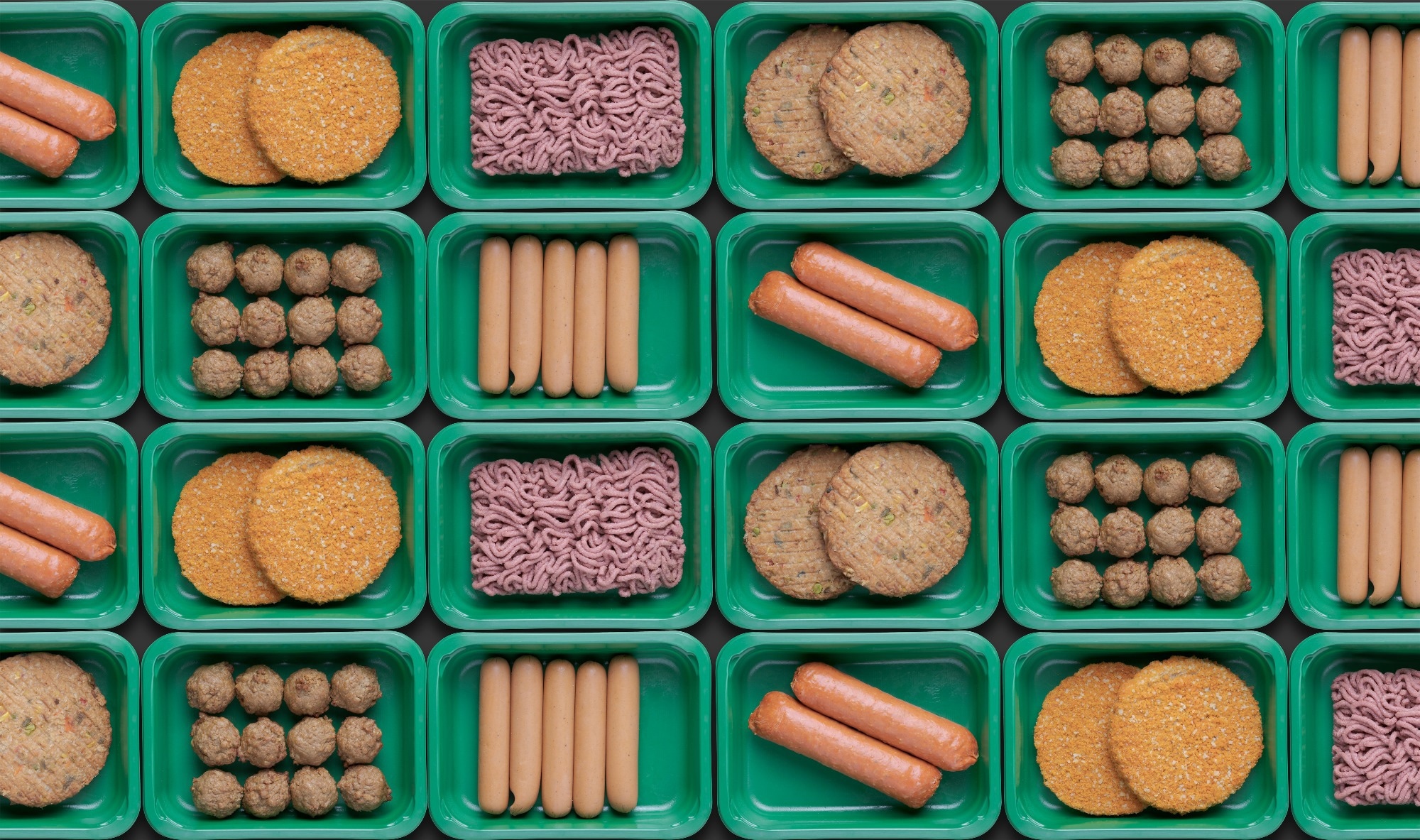
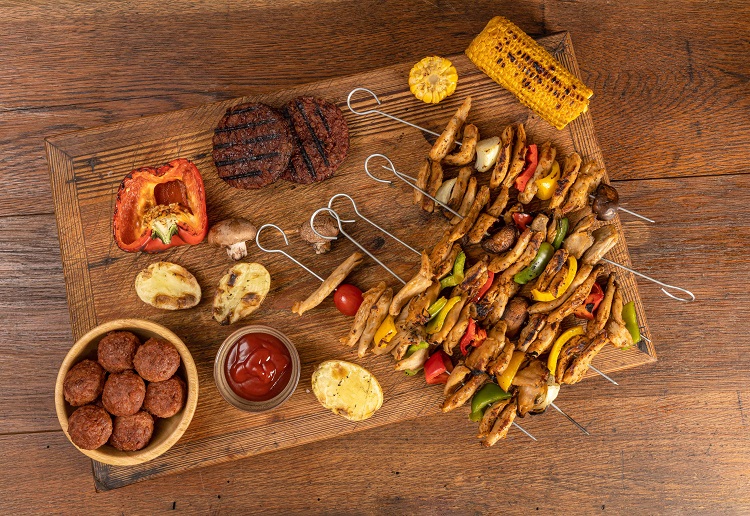

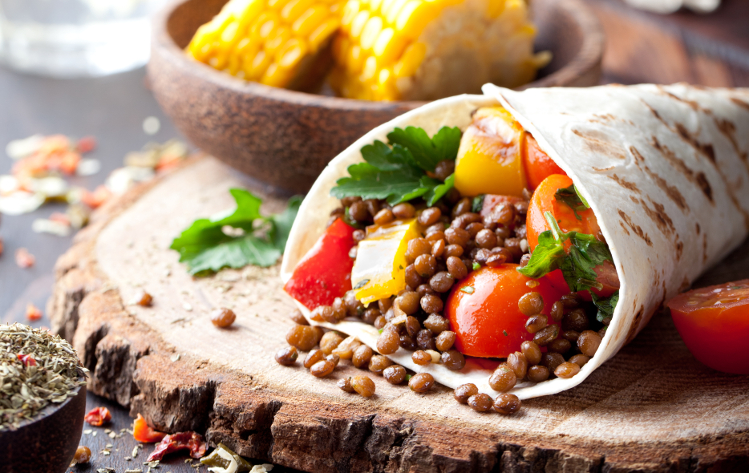




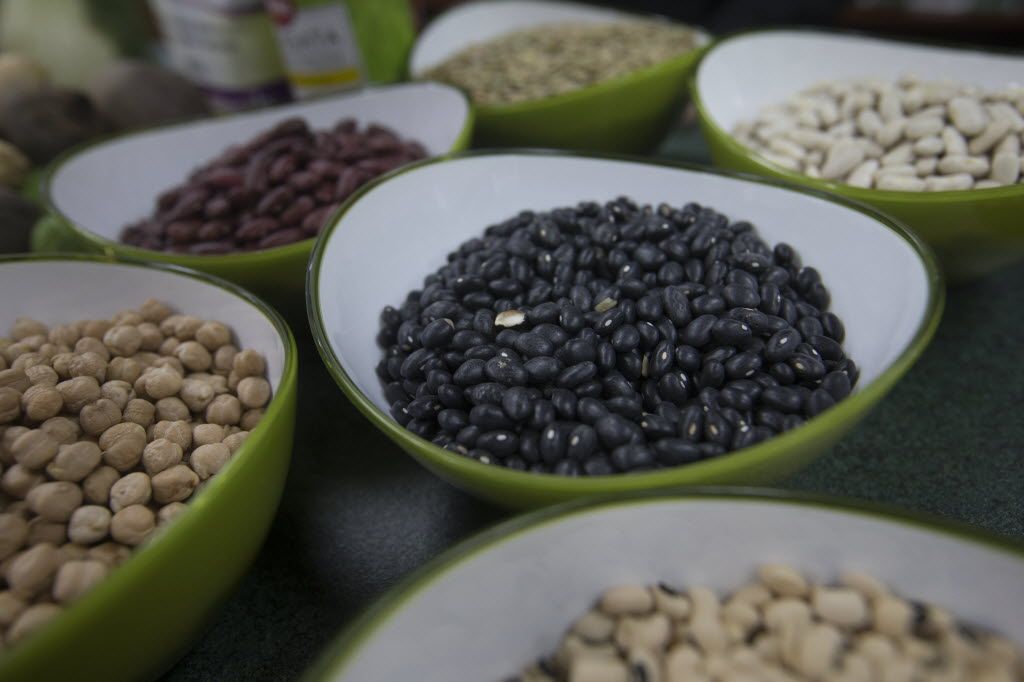


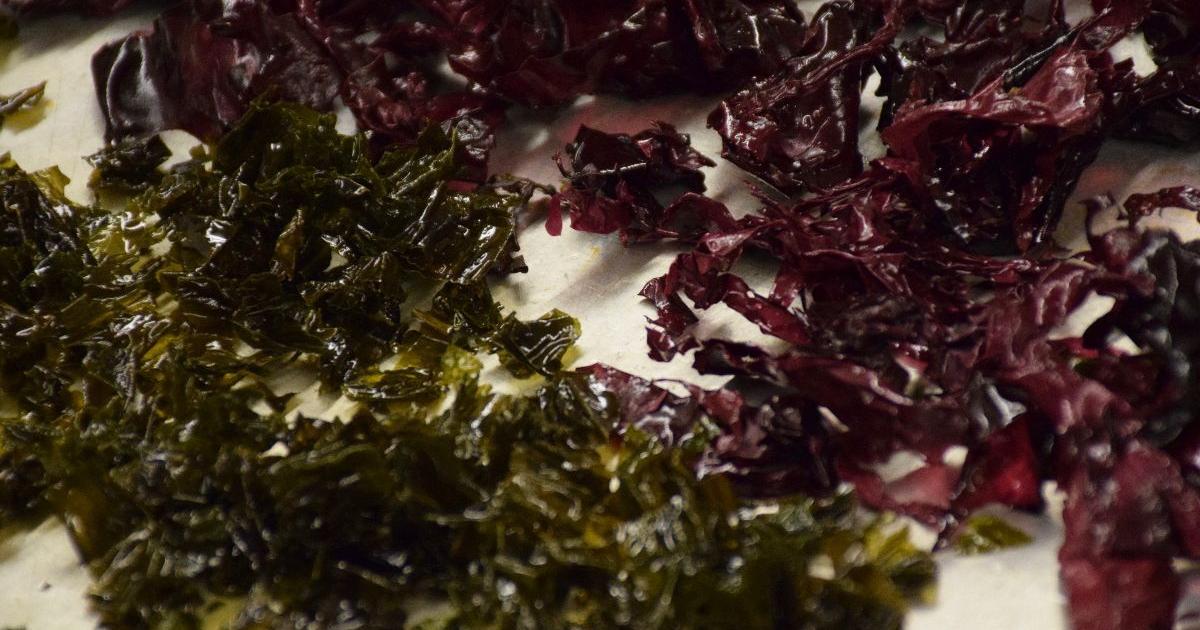

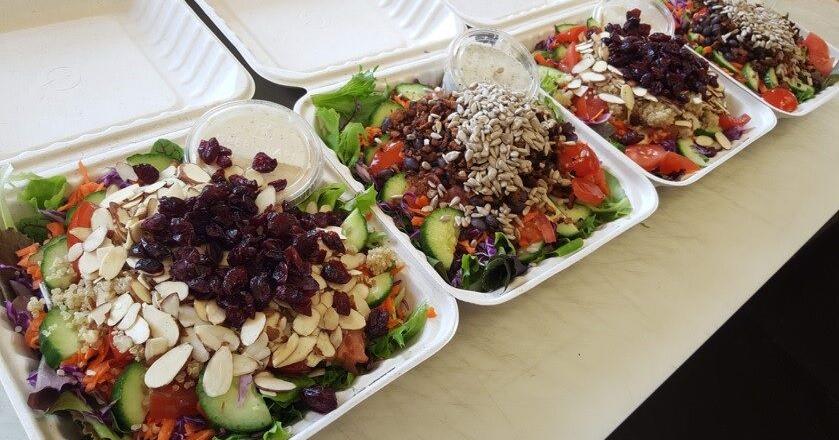
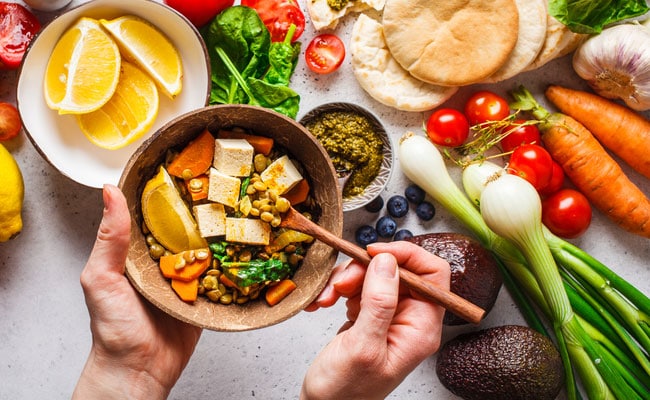
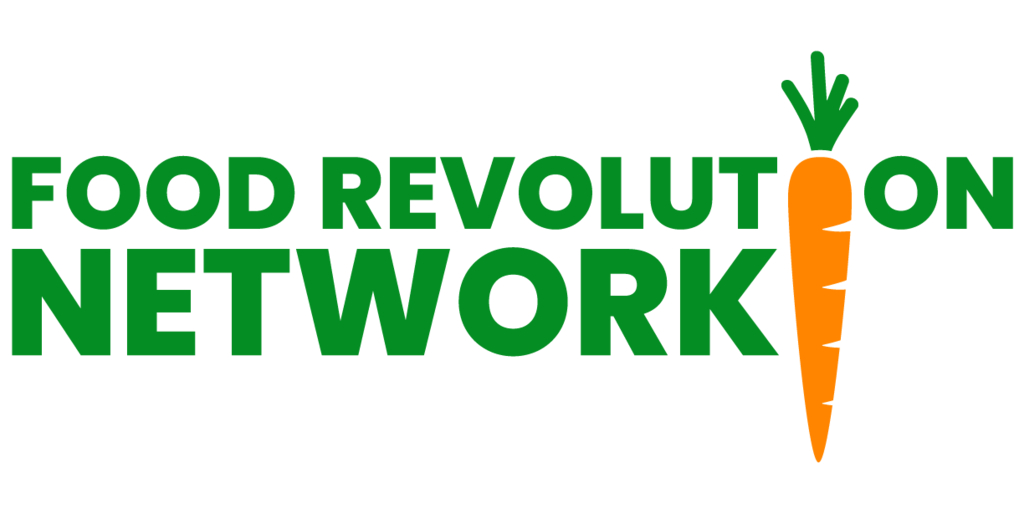
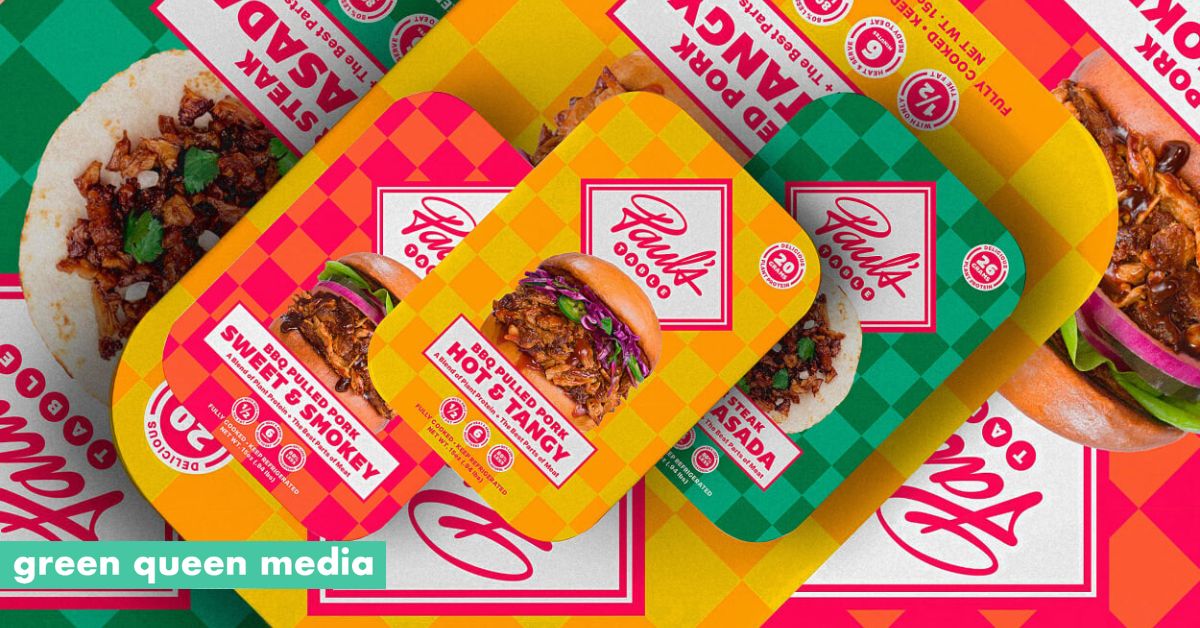
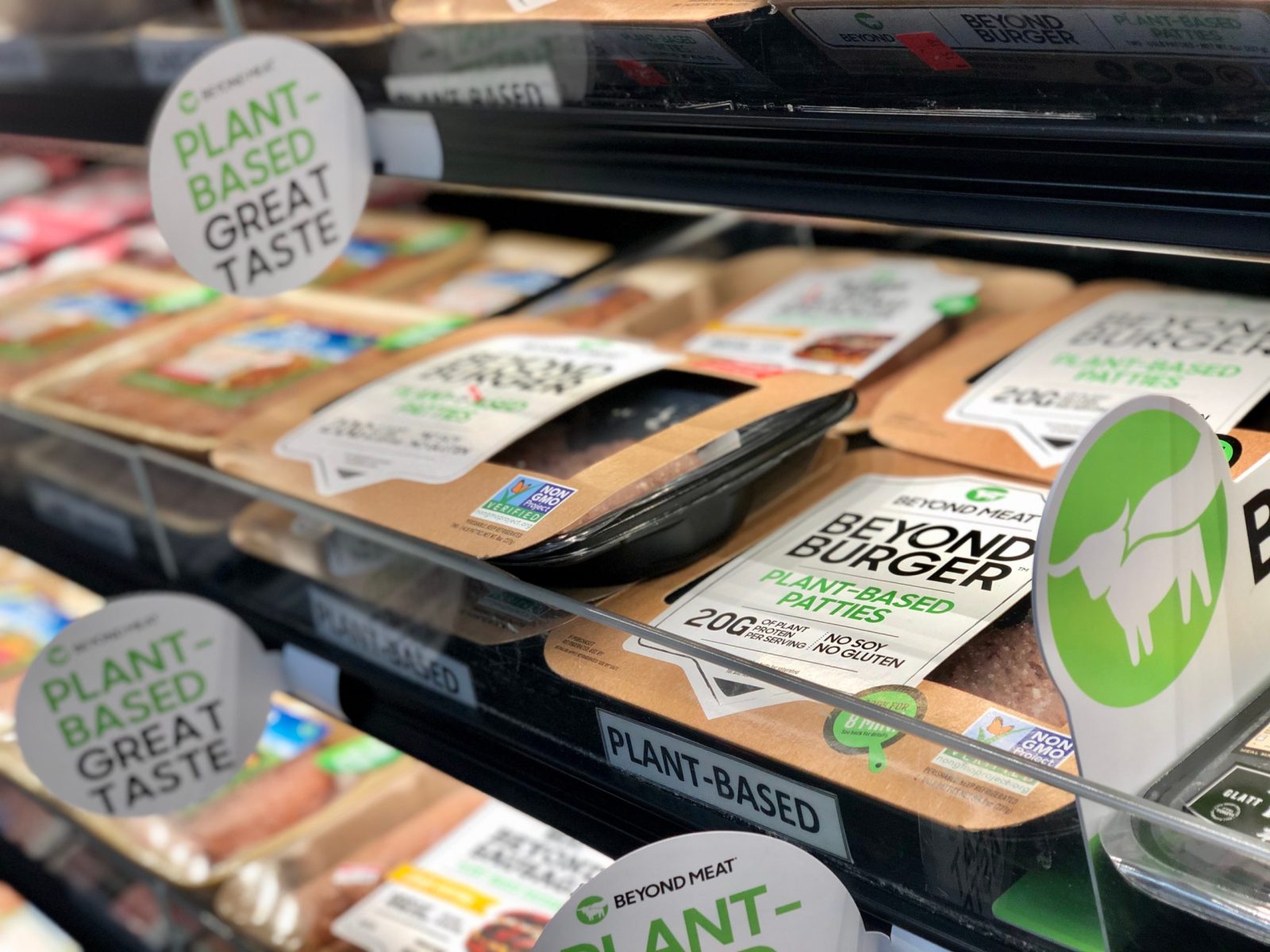
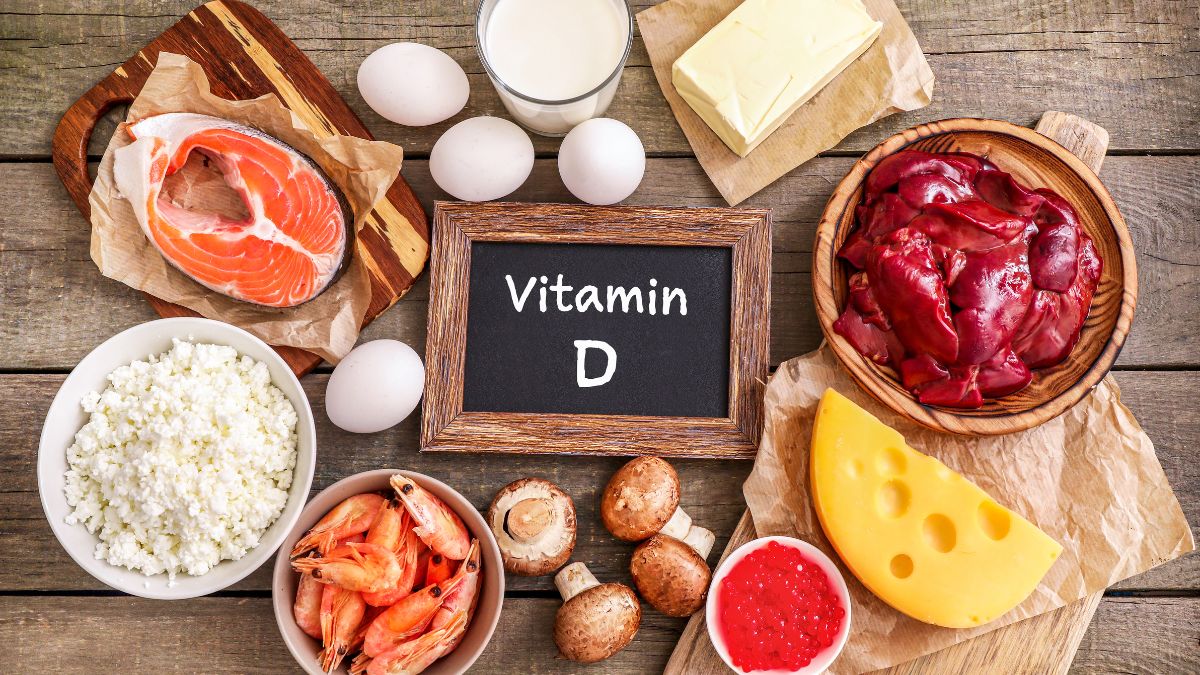








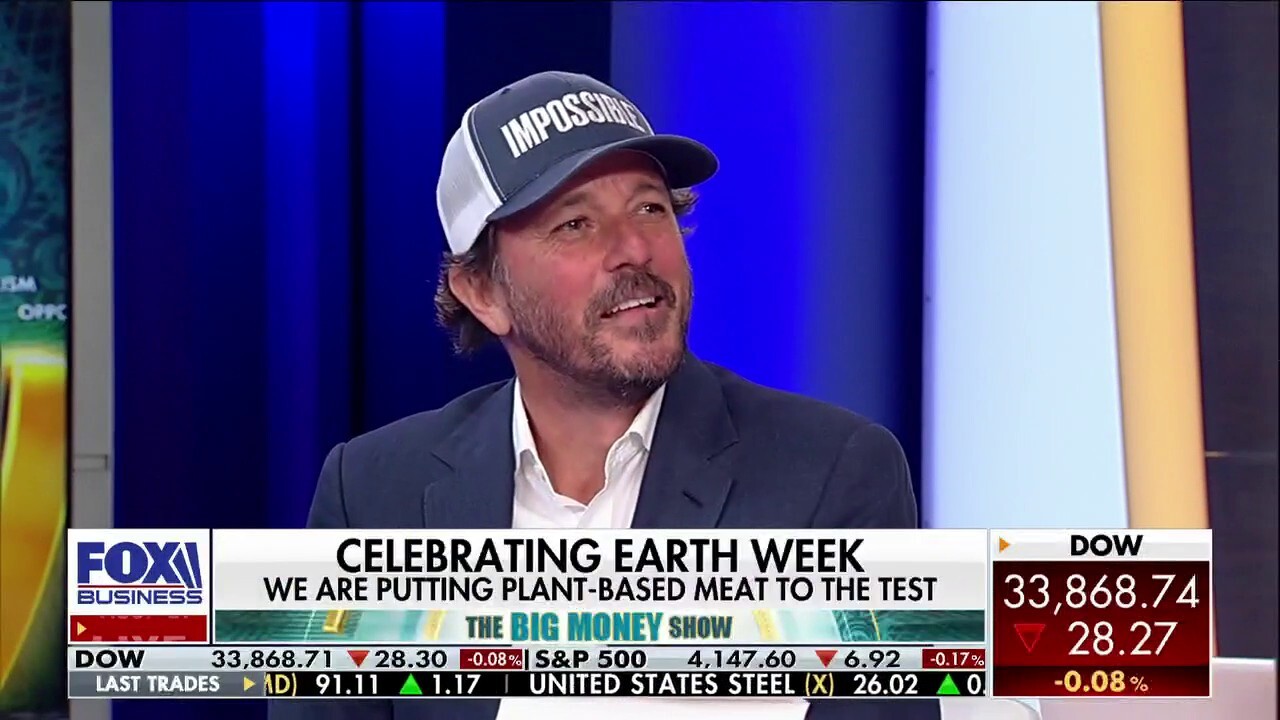
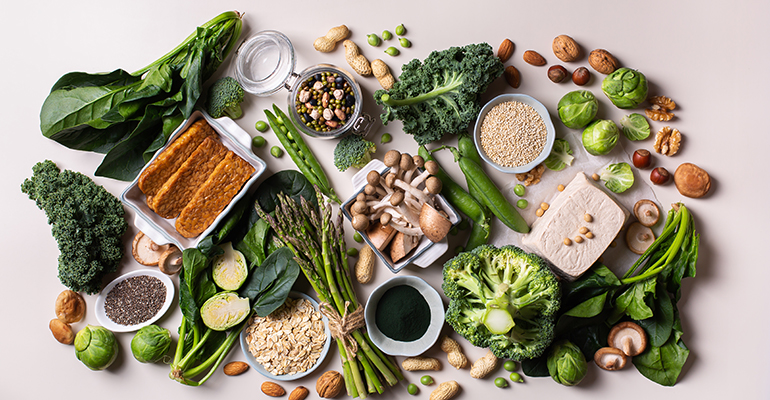
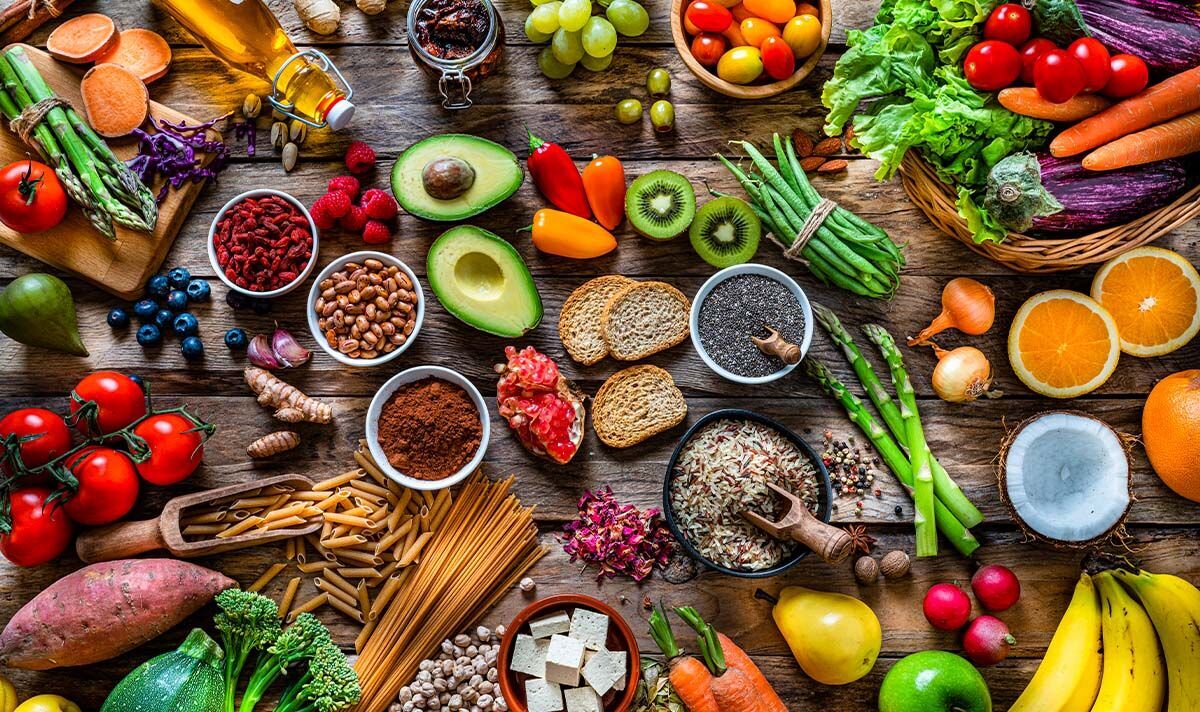
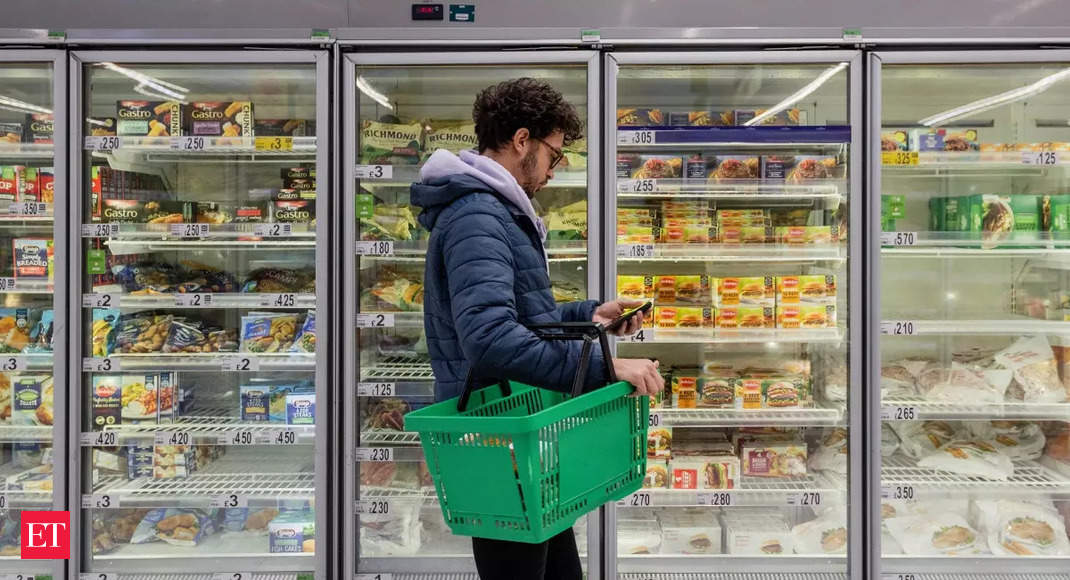
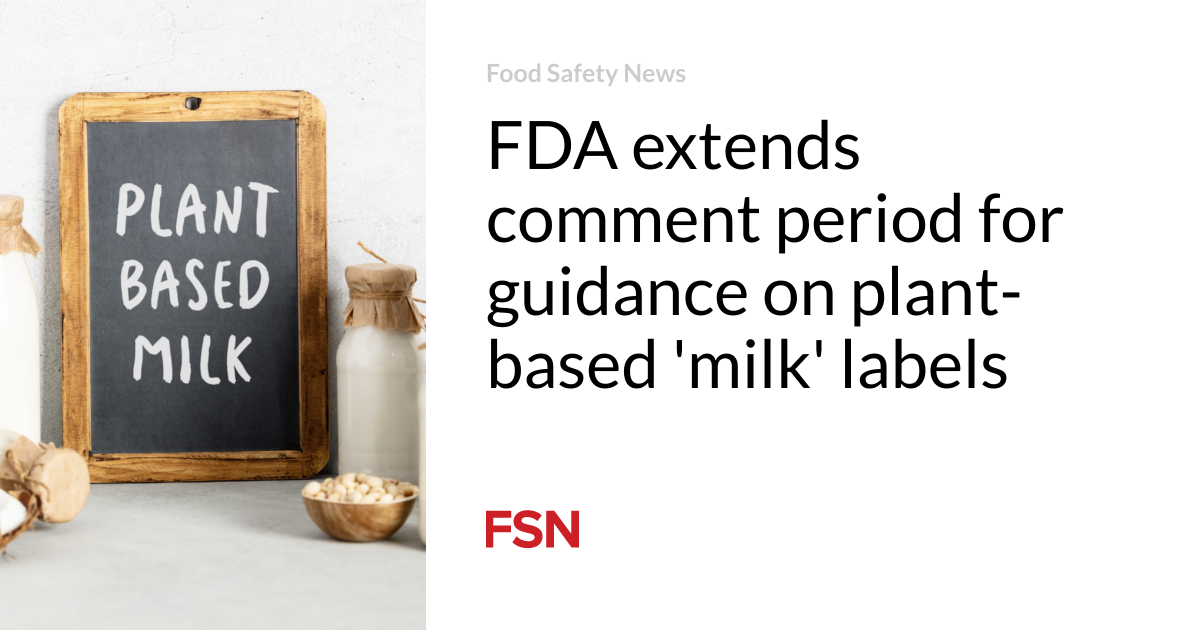
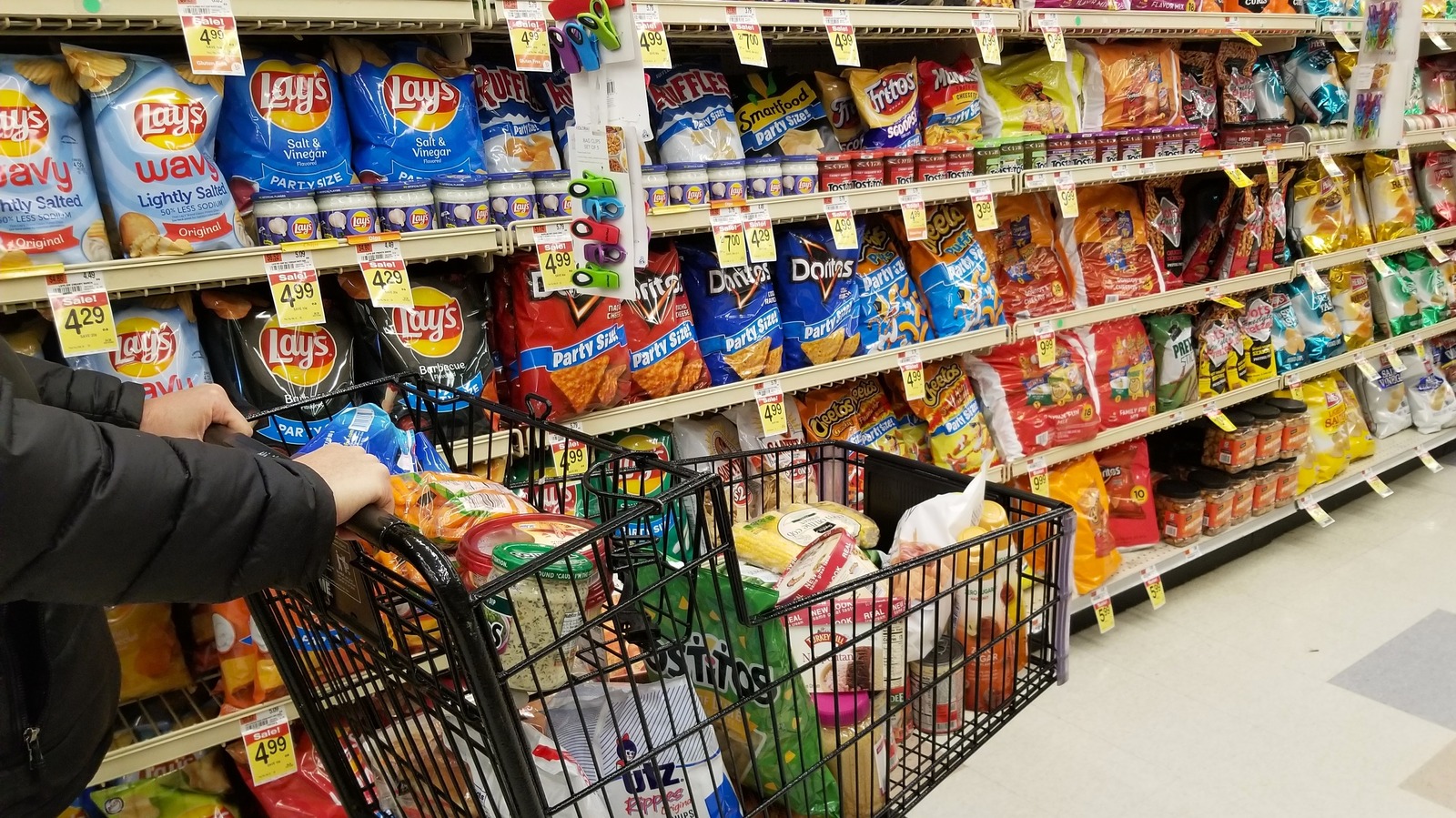

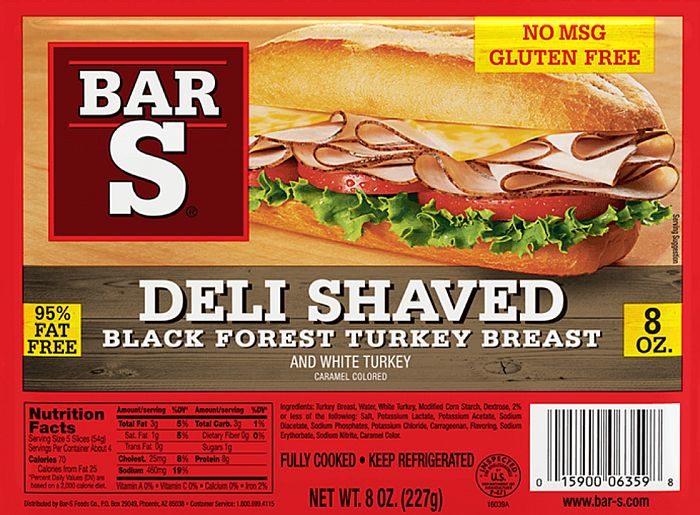

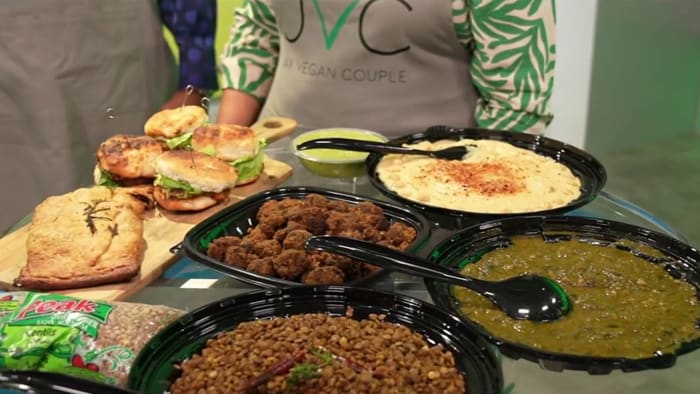


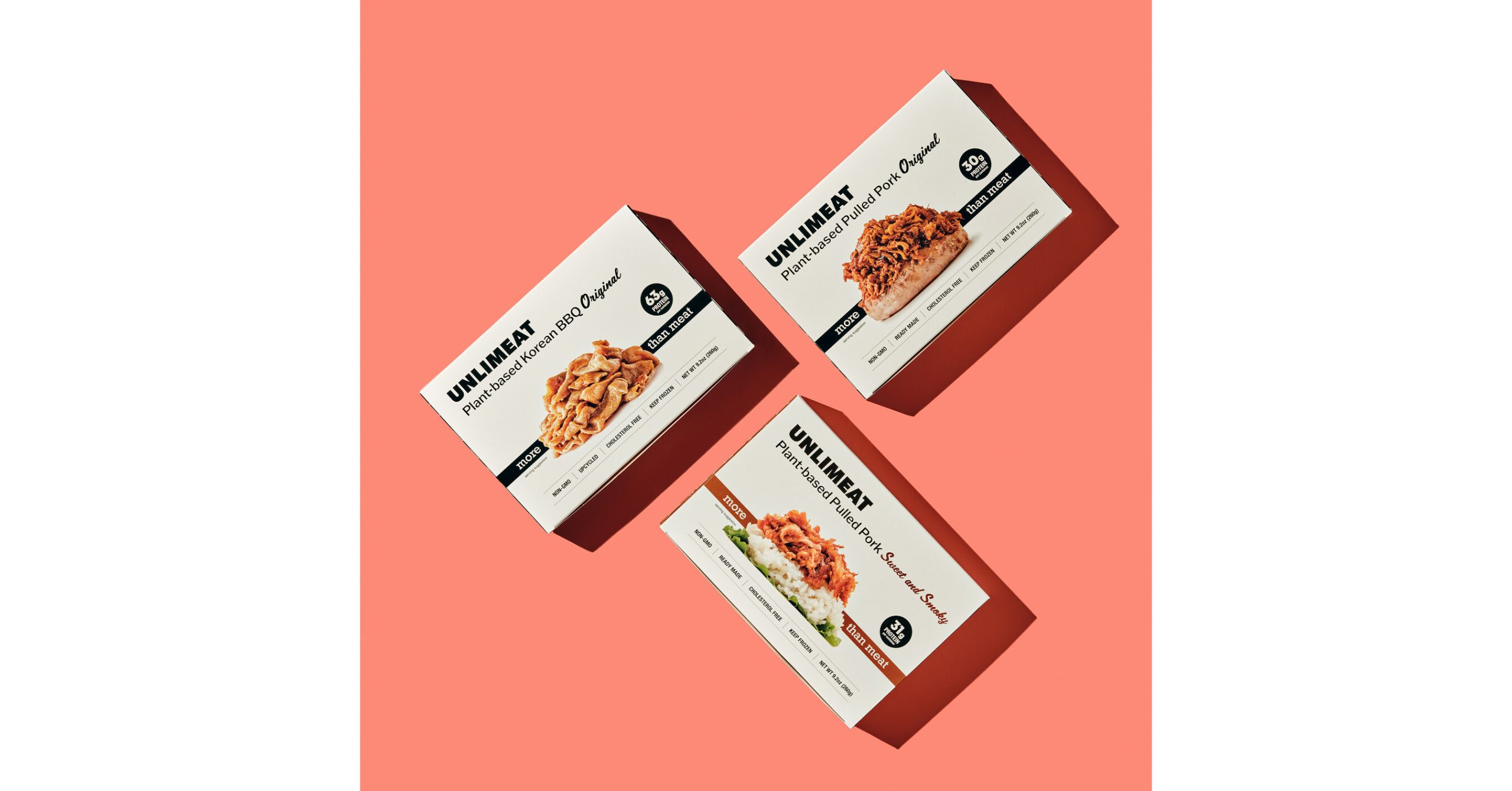
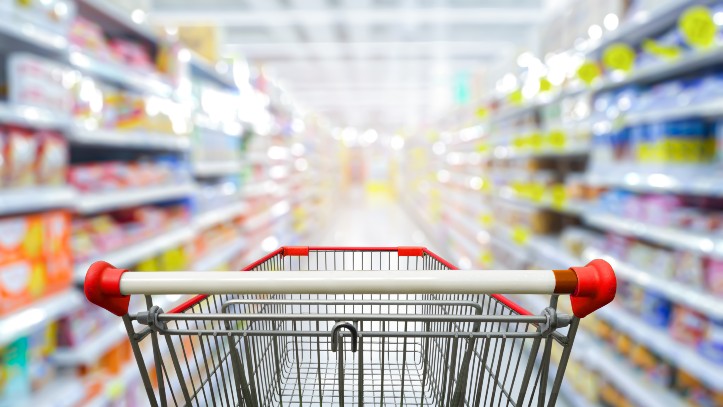
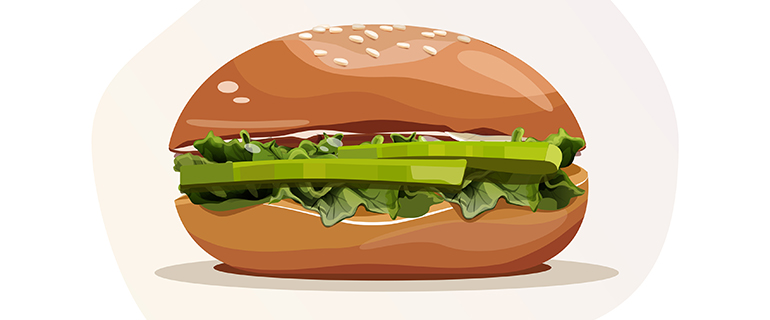
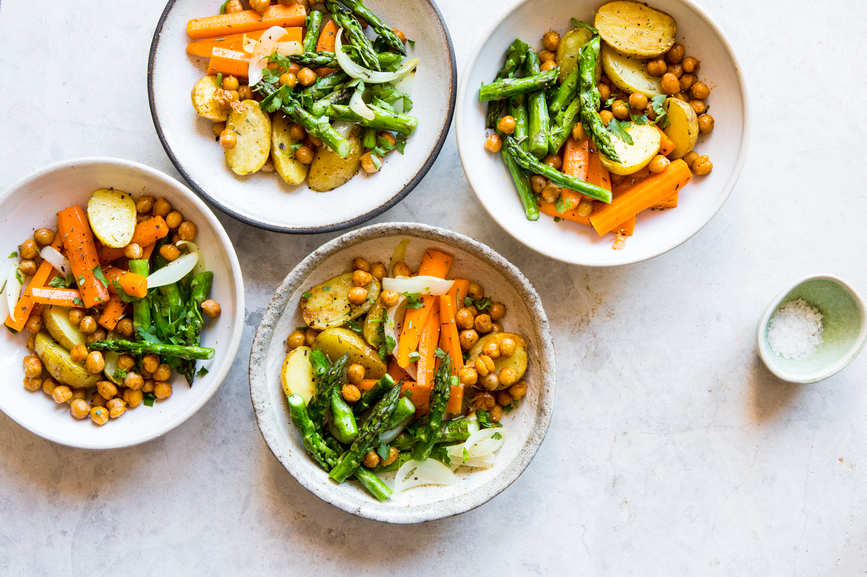

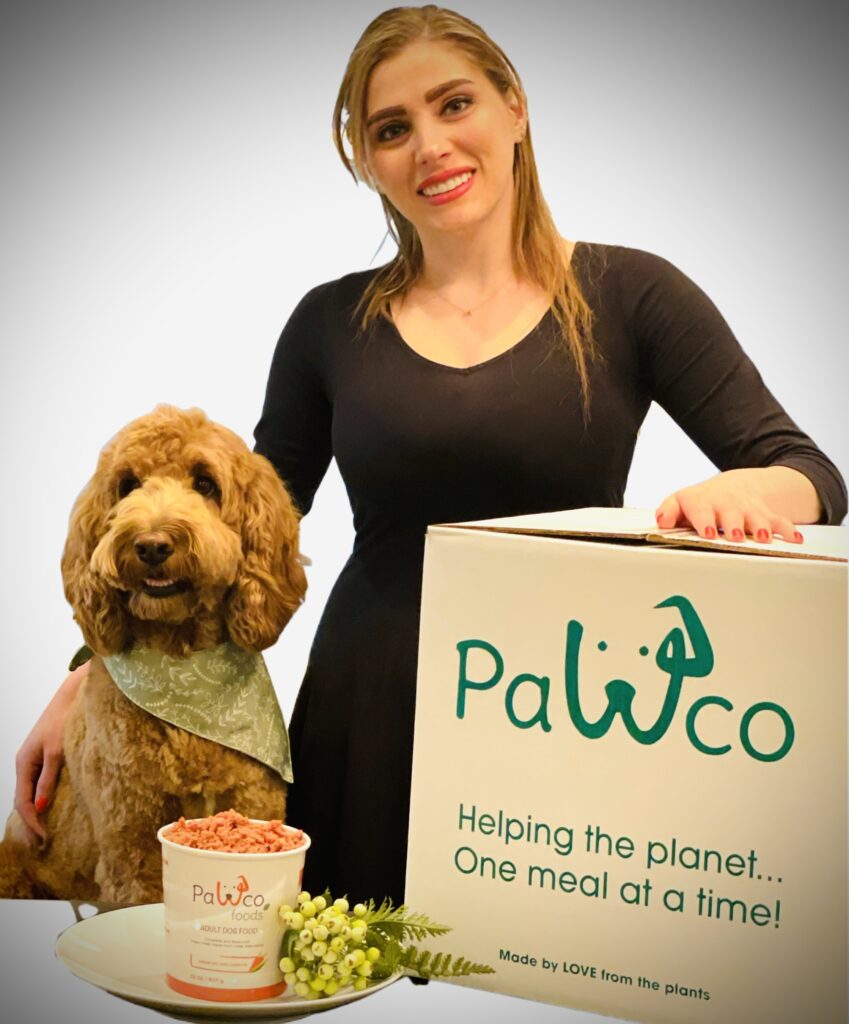


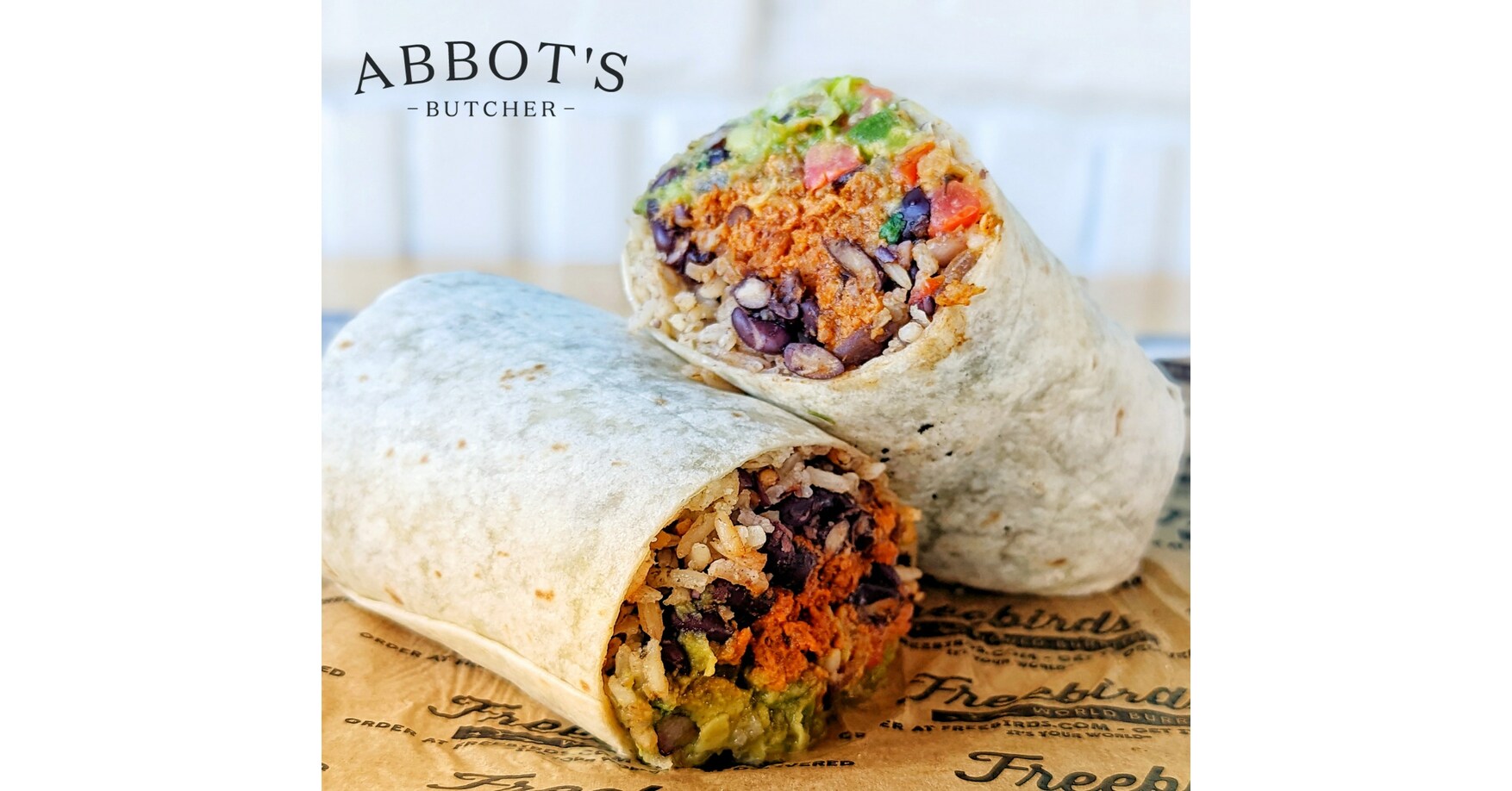

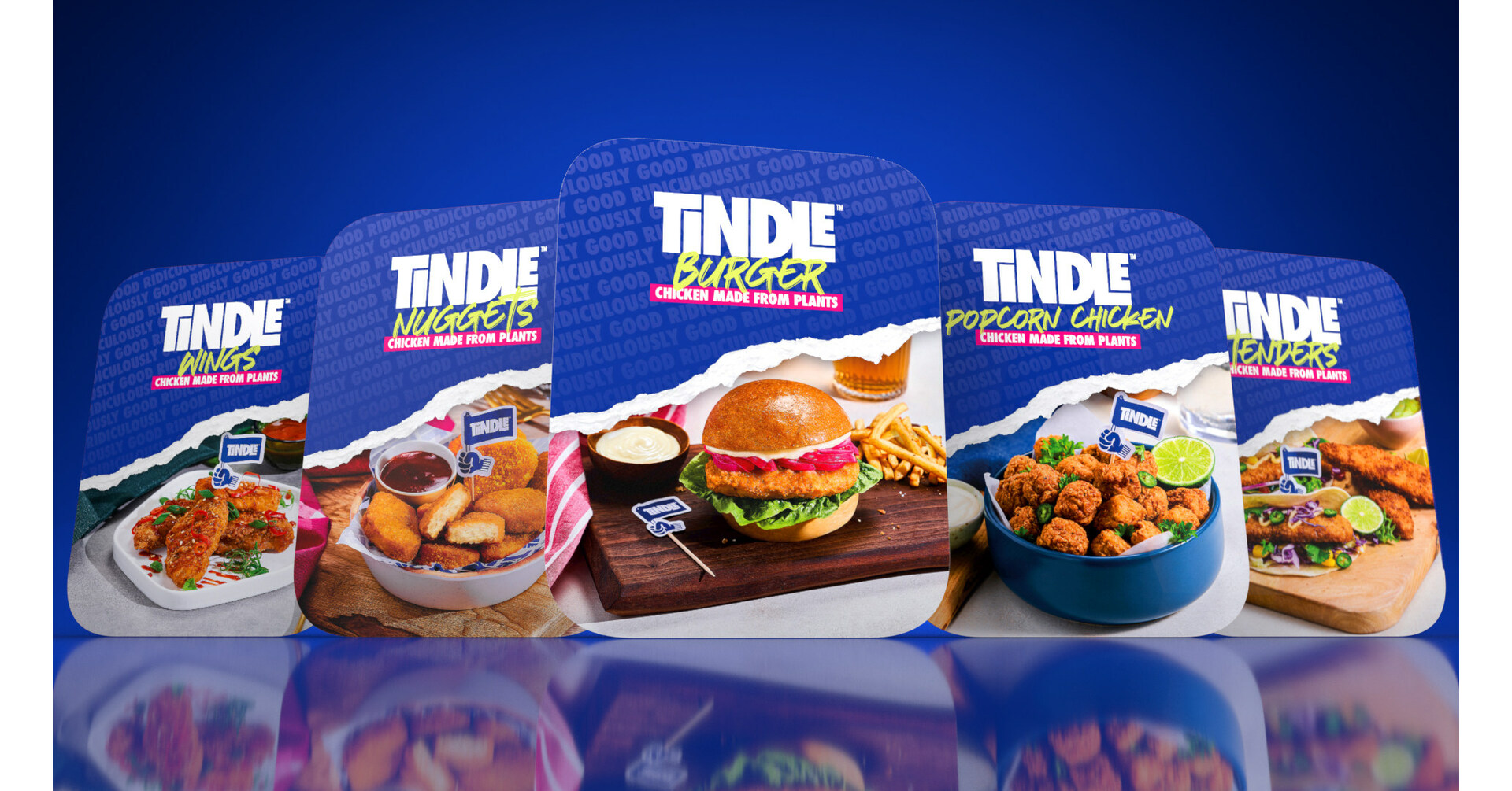




0